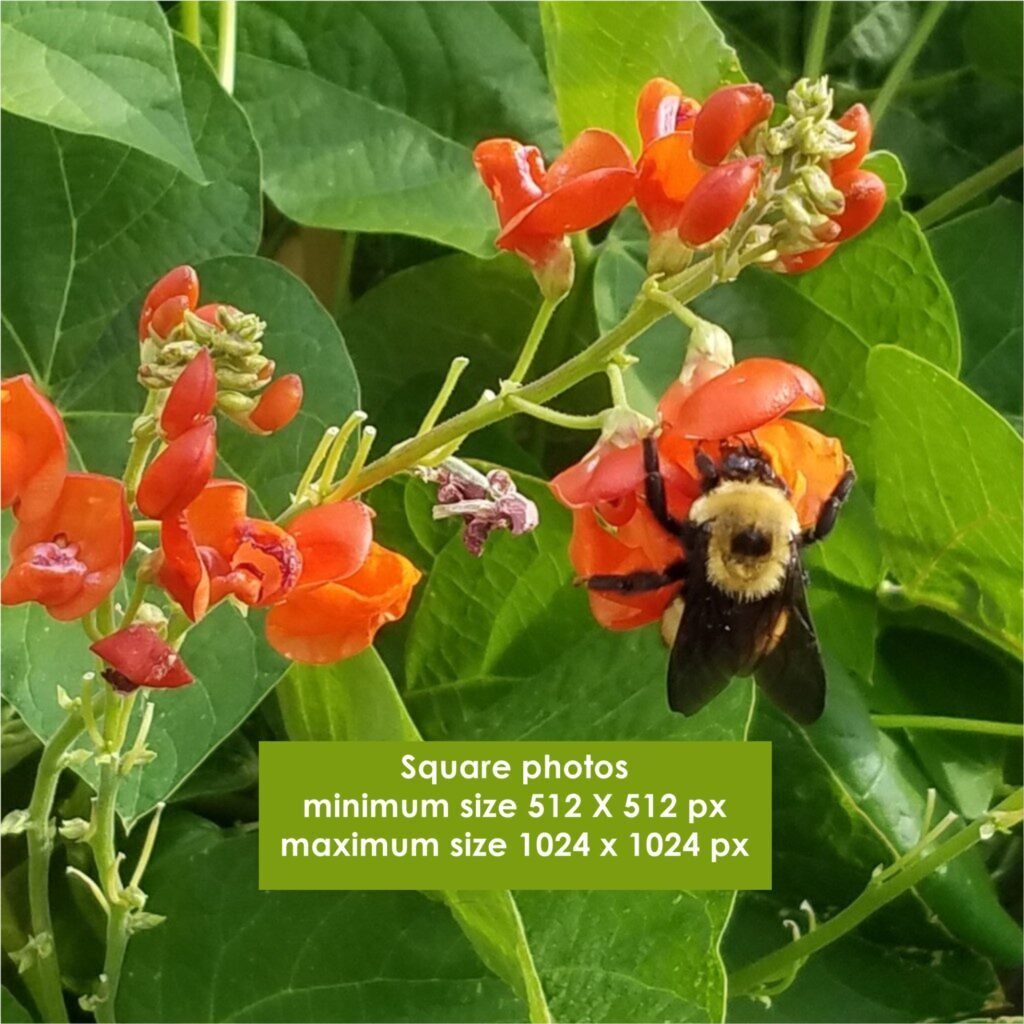Financial support helps Extension Master Gardeners make an impact
Ed Note: Like the ‘Overview’ page before this, you might find a better format for your Chapter….The point of this page is to give the public tangible accomplishments. Answering the question: “If I donate, what are you going to do with it…. the below examples are from the state site and are things you could find out for your local Chapter, should you so choose. And… term ‘Impact’ is more a WSU thing… you could go with it or consider something like ‘making a difference’. Your site, your call.

Subtitle for This Block
- 4,000+ Volunteers cultivating plants, people & communities since 1973.
- 300,000+ Volunteer Hours: In a given year, volunteers contribute over three hundred thousand hours helping their local communities. Time spent addresses important issues facing Washington residents. Volunteers are trained in research-based horticulture and environmental stewardship and teach sustainable gardening practices to individuals and communities to mitigate the effects of climate change, to keep our waterways clean and plentiful, to improve soil health and promote the health of pollinators, to improve food security, to preserve biodiversity, to reduce the risk of loss due to wildfire and to encourage people to get out into nearby nature.
- 60,000 Pounds of Produce: Volunteers teach people to grow their own food via demonstrations and workshops. The produce grown in our demonstration and community gardens across the state is donated to local food banks to help Washingtonians in need.

Subtitle for This Block
- 100+ Free Answer Clinics:
- Thousands of volunteers staff hundreds of clinics in Extension Offices, nurseries, garden centers, farmers markets and hardware stores across the state. We are available to answer your gardening questions, free of charge, so that you can get scientifically backed answers to your problematic questions.
- Dozens of Demonstration & Community Gardens: Volunteers manage demonstration and community gardens. These gardens are outdoor classrooms where we answer your questions and demonstrate sound gardening practices covering a broad range of gardening topics. From apples to zinnias, we’re here to help you.
- Dozens of Demonstration & Community Gardens: Volunteers manage demonstration and community gardens. These gardens are outdoor classrooms where we answer your questions and demonstrate sound gardening practices covering a broad range of gardening topics. From apples to zinnias, we’re here to help you.

Subtitle for This Block
- Children’s Gardening Education: Volunteers engage with the next generation of gardeners to start them off on the right foot. Our foundations provide the funding for dozens of children’s gardening classes throughout the state. We want your children to love gardening and to learn how to garden sustainably.